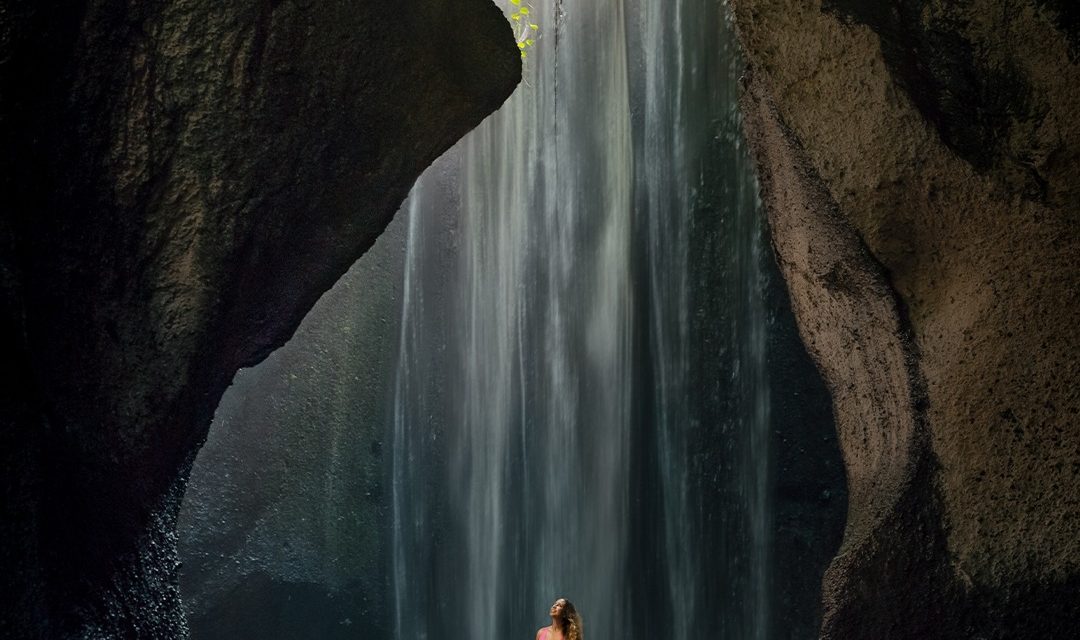When I think of Ubud, the first thing that comes to mind is the lush greenery, serene rice paddies, and the vibrant culture that dances through the air like a gentle breeze. But what truly captivates visitors to this gem in Bali is its rich biodiversity, especially among its wildlife. However, it’s essential to enjoy these experiences responsibly to protect these precious creatures and their habitats. Join me as I share my insights into finding responsible wildlife tours in Ubud, sprinkled with personal anecdotes and practical advice.
The Beauty of Ubud’s Wildlife
My journey into wildlife tourism began one sunny afternoon when I first wandered into the Sacred Monkey Forest Sanctuary. As I stepped beyond the threshold, I was greeted by playful macaques swinging from the branches overhead. At that moment, the joy of watching these creatures up close was intoxicating. But soon after, I noticed some behaviors that bothered me—like tourists feeding the monkeys. It struck me then how important it was to engage with wildlife in ways that don’t disrupt their natural behaviors.
What Are Responsible Wildlife Tours?
Responsible wildlife tours focus on the conservation of wildlife and their habitats, providing ethical experiences without harming the animals or their environments. These tours prioritize education, community support, and sustainable practices over mere entertainment.
Choosing the Right Tour
When considering a wildlife tour in Ubud, keep an eye out for a few key factors. Ask yourself:
– Is the tour guided by knowledgeable professionals? A good guide will not only have insights into the wildlife but also understand the importance of conservation. I once joined a small group led by a passionate naturalist who spoke about the local ecosystem while ensuring we maintained a respectful distance from the animals.
– Are the wildlife interactions ethical? Look for tours that promote observation rather than interaction. My personal favorite was a bird-watching excursion at the Campuhan Ridge Walk, where I was able to observe exotic birds in their natural habitats, free to explore without human interference.
– Do they support local communities? Some tour operators partner with local communities, offering them a share of the profits. This practice helps empower locals and promotes the conservation of wildlife. On one occasion, I discovered that a portion of my tour fee contributed to a local anti-poaching initiative—something that felt rewarding to be a part of.
My Favorite Responsible Tours
1. Elephant Safari Park Lodge: Not your average elephant sanctuary, this place prioritizes rehabilitation and education. They provide opportunities to learn about the elephants’ care while enjoying a scenic ride in a safe environment. I will never forget the moment I fed an elephant a treat after participating in an informative session—a much better alternative to riding elephants, which can often be harmful.
2. Bali Eco Cycle: This tour is perfect for eco-conscious travelers. You’ll cycle through beautiful landscapes while spotting wildlife in their habitats. The guides educate participants about sustainability and the effects of climate change on local ecosystems. Pedaling through the stunning rice fields, I remember a flock of herons taking flight, a magical sight that reminded me of nature’s beauty.
3. Ubud Bird Walks: This tour allows you to explore the vibrant avian life in Ubud while supporting conservation projects. Walking through quiet trails, I was amazed at the variety of bird species we encountered. The knowledgeable guide shared fascinating facts about each bird, enriching our experience while promoting respect for their space.
Practical Tips for Enjoying Responsible Wildlife Tours
– Do Your Research: Before booking, look up reviews and check if the tour operator values ethical wildlife experiences.
– Be Mindful of Your Actions: When on tour, remember that you are a guest in these animals’ homes. Avoid touching or feeding them and be quiet so you don’t disturb their natural behaviors.
– Support Sustainable Practices: Opt for tours that give back to the community or invest in conservation efforts. This directly impacts the preservation of wildlife and their habitats.
– Practice Patience: Wildlife viewing can require a bit of patience. Take your time; being still often bears the best reward—a rare sighting or unique interaction that you can’t rush.
Conclusion
Choosing responsible wildlife tours in Ubud not only enriches your travel experience but also plays a critical role in conserving the beauty of nature. By opting for ethical experiences, you contribute to the preservation of wildlife and their habitats, creating a sustainable future for generations to enjoy. As I reminisce about my adventures in Ubud, I’m reminded of the delicate balance between enjoying nature and safeguarding it. So, pack your sense of adventure and your commitment to conservation, and dive into the wonders of Ubud’s wildlife, knowing you’re making a difference. It’s not just about seeing wildlife—it’s about respecting and preserving the extraordinary world we share.






